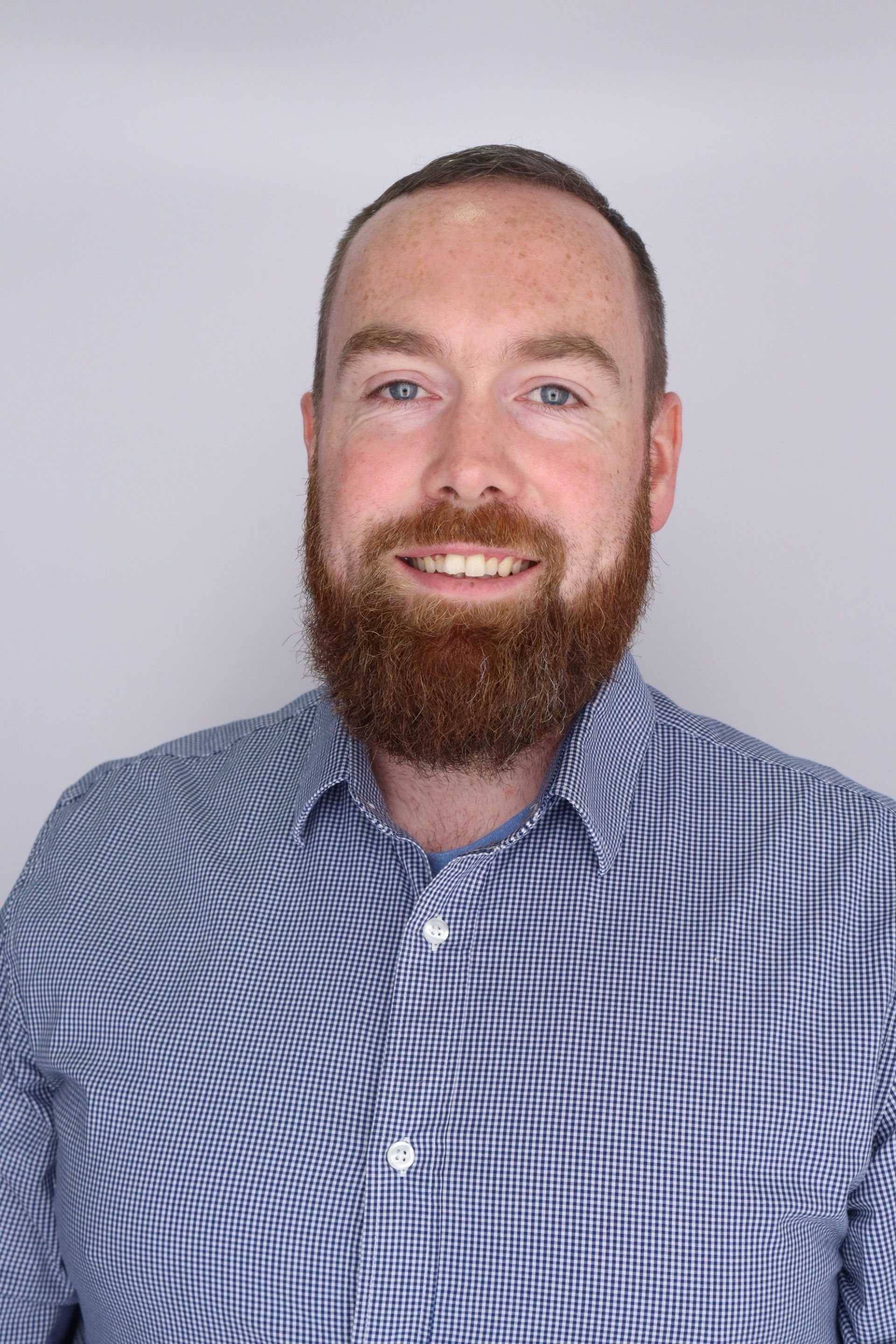Does mental health affect exercise capacity and mood dysregulation?
Donal Murray, PhD, CSCS, assistant professor in the Department of Health, Human Function and Rehabilitation Sciences, is among several researchers at the George Washington University (GW) who are studying that relationship.
Murray is part of an interprofessional and multidisciplinary study that will assess the effect of exercise on mood disorders and mental health issues. The Milken Institute School of Public Health is funding the study which is being led by principal investigator Emma Stapp, MHS, PhD, a psychiatric epidemiologist at Milken. The research team includes epidemiologists, psychologists and exercise physiologists.
“The goal of this project is to assess if there is a relationship between exercise and mental health, and to see if the protocol is feasible for testing purposes,” Murray said.
Murray has conducted research investigating aerobic capacity both with clinical and healthy individuals, with his most recent work looking into exercise capacity in individuals with incomplete spinal cord lesions. The Milken study is in the design and planning phase. In the coming months, Murray, Stapp and their research team will begin moving into empirical data collection. They hope to start collecting data in the summer of 2024, with an anticipated testing protocol consisting of 30-40 individuals undergoing maximal exercise assessments and psychosocial tests. The testing will be in an effort to understand how exercise capacity may relate to mental health disorder symptoms.
Murray hopes the study will be a step in the right direction of understanding more about the interrelationship of lifestyles and exercise. He hopes, too, that the project will yield additional opportunities for research that may benefit students. “I’m really interested in exercise adherence and why people might stop being physically active,” he said. “In the future, I’d like to see how this may relate to students in the Doctor of Physical Therapy program.”
Murray joined GW in 2022 and teaches in the Doctor of Physical Therapy (DPT) and Doctor of Health Sciences (DHSc) programs. Within the DPT program, he teaches courses that include Functional Anatomy, Applied Physiology and Clinical Medicine in Pharmacology. With degrees in both Exercise Physiology and Rehabilitation Science, Murray also teaches Research Methods in the DHSc program and serves as director of the Clinical and Applied Human Physiology Laboratory. The lab gives him the opportunity to teach and advise students about developing their own research questions and protocols.
